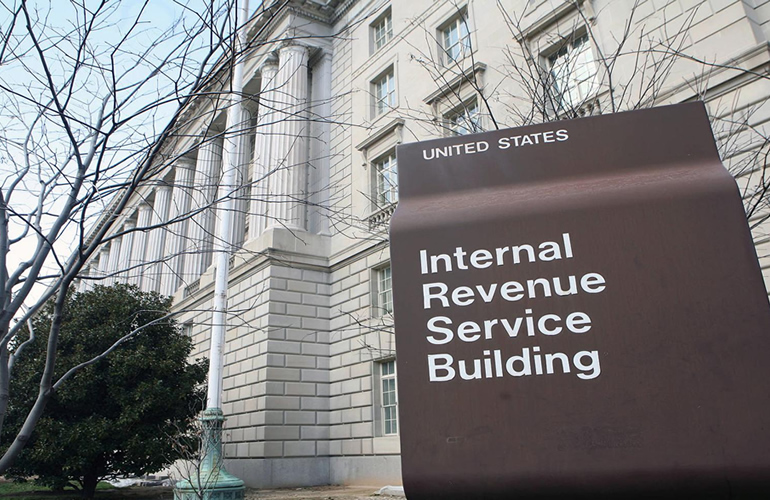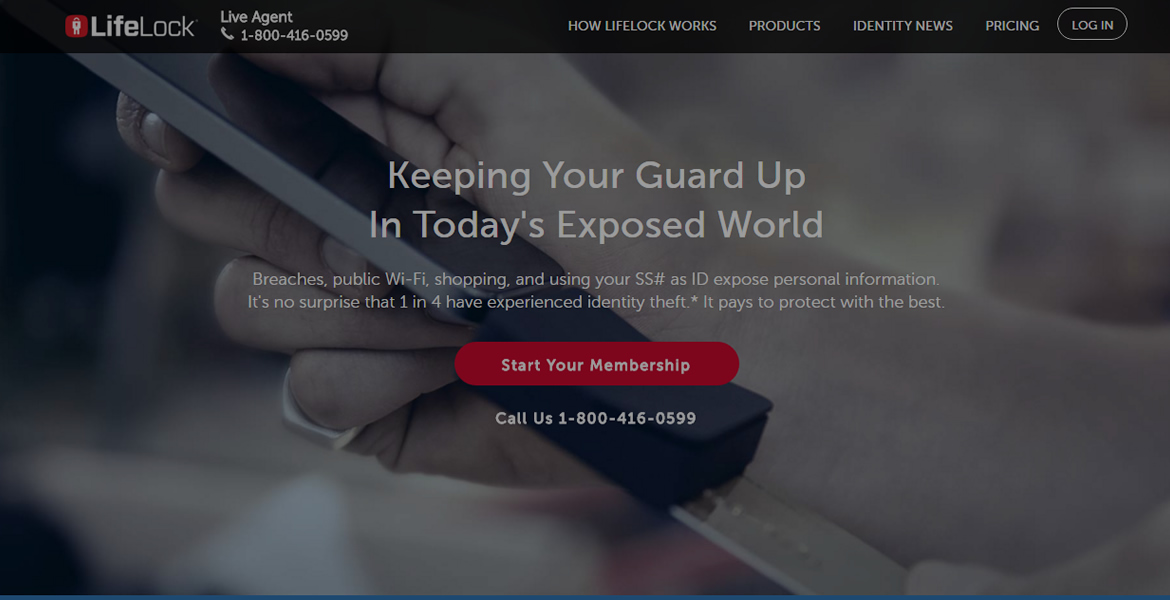Could You Be At Risk of Medical Identity Theft?
Identity theft has increasingly become a problem, but most people only think of it in relation to their bank accounts and credit cards. However, it is possible for scammers to steal more aspects of your identity, including your medical and insurance information. Over the past few years, there has been an increase in instances of identity theft tied to the medical and insurance industries.
Increased Vulnerability
As medical records become digitized as a result of incentives found in the Affordable Care Act and the American Recovery and Reinvestment Act, this information becomes more vulnerable to hackers. Companies are taking security measures, but many medical facilities and insurance companies have yet to be as efficient in protecting client data as the financial industry is.
Information Hacks
In 2015, three of Blue Cross Blue Shield partners (Anthem, Premera and Carefirst) experienced major data breaches that affect around 92 million records. This was not an isolated instance. The medical industry accounts for 42.5 percent of total hacking, the largest of any industry. It is not just the insurance companies at risk of hacks, either. Hospitals and other medical facilities and businesses find that they also face an increased risk of data breaches. A recent study found that 91 percent of the organizations experienced at least one hack that resulted in some loss of sensitive patient data, according to Forbes.
Insurance Fraud
Hacks into medical facilities are not just about gaining access to patients’ financial information or social security number to commit financial or other types of fraud. It is actually about the healthcare industry data itself, which has a higher price in the black market than a social security number or similar information. When criminals have access to your medical records, they also have access to your insurance information. This can be used for fraud in several ways. One is simply that uninsured individuals could use another person’s insurance information to seek medical care. It can also be used by fake medical equipment businesses that bill for medical equipment or medication that is never actually used.
What You Can Do
There are ways to protect your medical information just as you do your financial information. It is important you only give this information to legitimate medical practitioners, such as your GP and hospital. Then, you should regularly check your insurance statements and review any Explanation of Benefits statements that you receive to ensure it is for services you actually had. If you notice any mistakes, then it is important to contact your health insurance and report it.
This type of identity theft is just one more way that criminals are trying to steal sensitive information and use it for their own gains. As this becomes an increasingly common crime, it is important to do what you can to protect yourself, such as monitoring your insurance information, reviewing your credit report regularly, and/or signing up for an identity theft protection agency.













